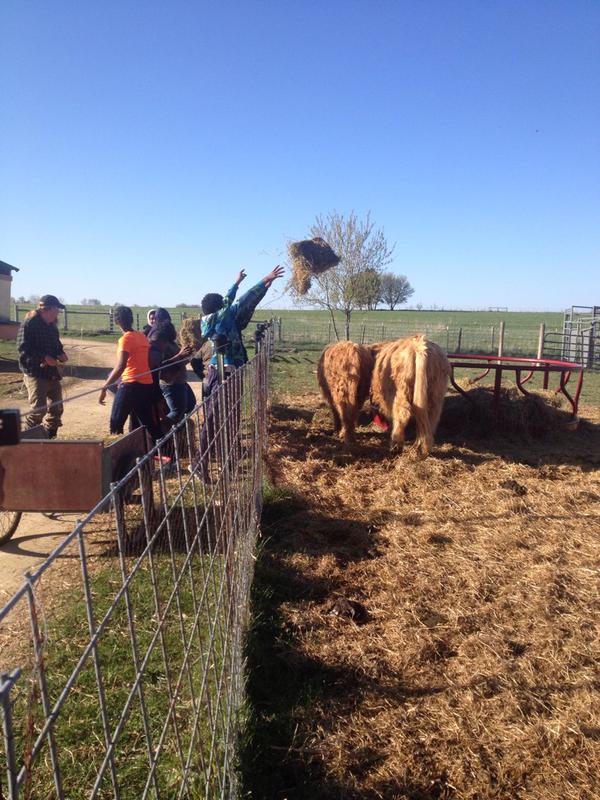Check out the 7th grader’s work on change and food choice during the school year.
Polaris middle school students spend the whole year focusing on one guiding question in science and one in social studies. They investigate this topic from different angles to create well-informed answers to the guiding question by the end of the school year.
In social studies, the 7th Grade Crew will be investigating the question “How does one effect change?” through the scope of the American Revolution, The U.S. Constitution, and ancient Greece. We will discover how certain individuals, such as Samuel Adams, George Washington, and Pericles, managed to change the course of history and improve the world around them. Through these studies we hope to gain an understanding of how we can make changes to improve the world we live in.
Update: While students were studying historical figures creating change, the real-world provided additional examples to analyze. Using Trayvon Martin and Michael Brown as case studies, students examined the effects of student protests in response to these two tragic events. These case studies led to a deeper investigation into the complex issue of race and stereotypes in society today.
Tying what they learned to recent events in our nation, the students concluded that one thing that must change is the stereotype of young African Americans in the United States. In an attempt to effect lasting change, students are taking action by using the modern media of podcasting and recorded interviews to begin a dialogue about this complex issue. Thier plan is to share their stories in an attempt to change the world we live in and carry out the promise made to all in the Declaration of Independence that “all men are created equal.”
In science, 7th graders are investigating food using the guiding question “How does one effect food choice?” Students will explore where our food comes from and the concept of sustainability and sustainable development. They will learn about the interactions between social, economic, and environmental systems, research characteristics and goals of a sustainable city, develop physical models of an imaginary sustainable community, and assess Chicago’s environmental programs to understand where the city stands on the road to sustainability.
Students will not only explore the local sustainable food chain. They will explore genetically modified organisms, learning the pros and cons of GMOs and will develop a broad understanding of the diverse interest represented in both the scientific community and in the area of public policy. Students will research GMO-related topics in the news and, through examining foods form home and local grocery stores, students will begin to formulate their own ideas about GMOs to present to the school and community in The Great GMO Debate!
Update: 7th graders dug deep into food choice and healthy food options, even growing and harvesting their own microgreens in the classroom! During this trimester-long expedition, 7th graders did a literary analysis of The Omnivore’s Dilemma, did overnight fieldwork at Angelic Organics, and created a community garden at the school. Students also partnered with their Kindergarten crews to share their work on microgreens and hear about the Kindergarteners’ work on plants and trees.
Check out the pictures below and read staff interviews from Zoe and Dave at Angelic Organics, who, we are proud to say, enjoyed hosting our students this spring.
Want to support these crews? Click the Donate Now icon to the right and add “7th Grade Expeditions” in the Program section’s “Other” box! Thank you for generously supporting our students!


